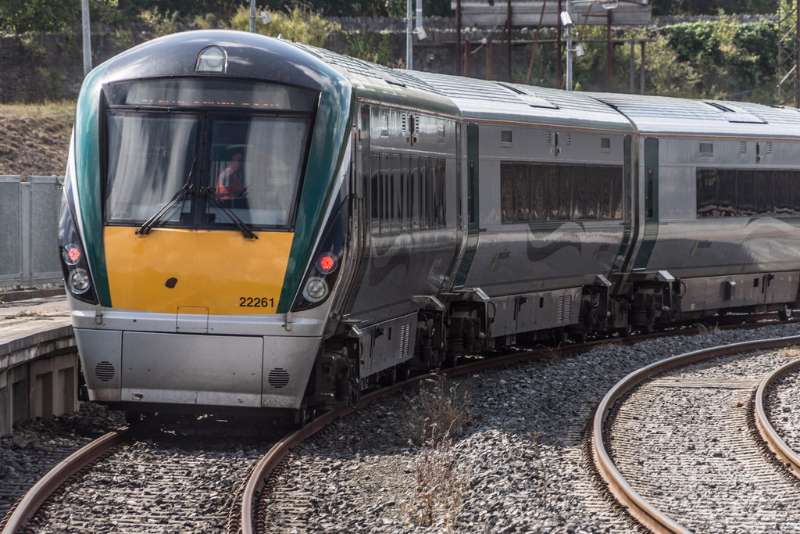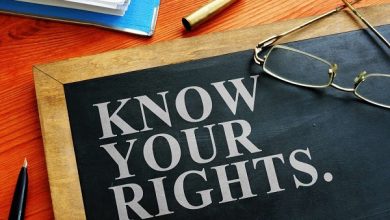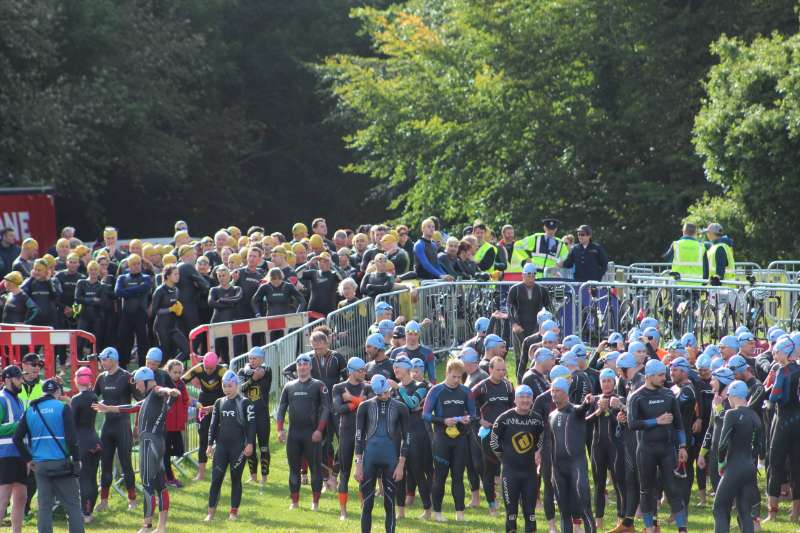Gardai t0 increase checkpoints under Level 5
Ireland has now moved to Level 5 of the Plan for Living with Covid-19. At Level 5, the public health risk means that the Government has asked citizens to stay at home.
Under current restrictions, persons should not leave their homes except for essential journeys or to avail of outdoor physical exercise within 5km of their home.
An Garda Síochána will be carrying out intensive mobile high visibility checkpoints within local areas to engage, explain and encourage persons to support public health guidelines.
An Garda Síochána will continue to engage in high-visibility patrolling in key public areas such as parks and recreational areas. This will see Gardai continue to work with individuals, communities and businesses in supporting each other during the move to Level 5 of Plan for Living with COVID-19.
The Covid-19 pandemic remains a real threat to all citizens, and particularly the most vulnerable in our society. As a community based police service, local Gardai will continue to maintain personal interactions and where needed to assist and support people. As we have said before “at this time we need more than ever to support the most vulnerable in our society, particularly our elderly and isolated”.
Any person with concerns for themselves or for a neighbour should contact their local Garda station, Contact details, including email contact, for all Garda stations can be found on the Garda website or in any phonebook.
Operation Faoiseamh:
An Garda Síochána understands that the move to Level 5 may once again increase the anxiety and fear felt by those who may be victims of domestic abuse. An Garda Síochána is here to help. Victims of domestic abuse incidents, including coercive control, will continue to receive highest priority response for service.
Travel restrictions DO NOT APPLY in the case of domestic violence or to escape a risk of harm, whether to the person or to another person.
If you are a victim of abuse or you know of a family member or friend who is a victim of such abuse, that information is important so please make contact with An Garda Síochána. If you require urgent assistance or support, please call 999 or 112, we are there to listen to help and to protect.
If you are unable to make phone contact please approach any member of An Garda Síochána on duty, on patrol, on a checkpoint and look for assistance, we are here to help.
In support of the Government announcement and Public Health Guidelines and Restrictions once again An Garda Síochána will be directing all of our resources to supporting communities during the coming weeks.
The Garda College will remain closed until further notice and those resources will remain deployed in local communities. Garda resources will be maximised on outdoor duties.
National Units, Garda Protective Service Units and Garda Drugs Units will continue their role in the prevention and detection of the most invidious crimes that affect our communities.
Deputy Commissioner, Policing and Security, John Twomey said, “An Garda Síochána’s focus remains on helping to prevent the spread of COVID-19 by seeking public compliance with public health regulations.
“Throughout 2020 we have seen high levels of compliance by the public. This must continue in 2021 until this public health crisis is over.
“Under Level 5, we are asking people to not make journeys unless they are essential. To minimise their contacts. To maintain social distancing. To wash their hands. By taking these steps, we can help protect our loves ones, our neighbours, and our communities.
“I would like to remind people, particularly at this time of the year, that their local Gardaí are here for them. Whether that this collecting their prescription, or some fuel, or even a socially distanced chat. Please do not hesitate to contact your local Garda station. We are here to help.”
An Garda Síochána will continue to monitor public activity and compliance over the course of the New Year period and we will provide further information, when appropriate.
An Garda Síochána again wants to re-iterate the basic public health guidelines
• minimise in person contacts
• wear a face covering
• wash your hands frequently with soap and water or use an alcohol-based hand rub if your hands are not visibly dirty
• practise good respiratory hygiene, that is, when coughing and sneezing, cover your mouth and nose with flexed elbow or tissue – discard tissue immediately into a closed bin and clean your hands with alcohol-based hand rub or soap and water
• maintain physical distancing, that is, leave at least 2 metres (6 feet) distance between yourself and other people, particularly those who are coughing, sneezing and have a fever
• avoid touching your eyes, nose and mouth – if you touch your eyes, nose or mouth with your contaminated hands, you can transfer the virus from the surface to yourself. If you feel unwell, don’t risk it – stay home and contact your GP





